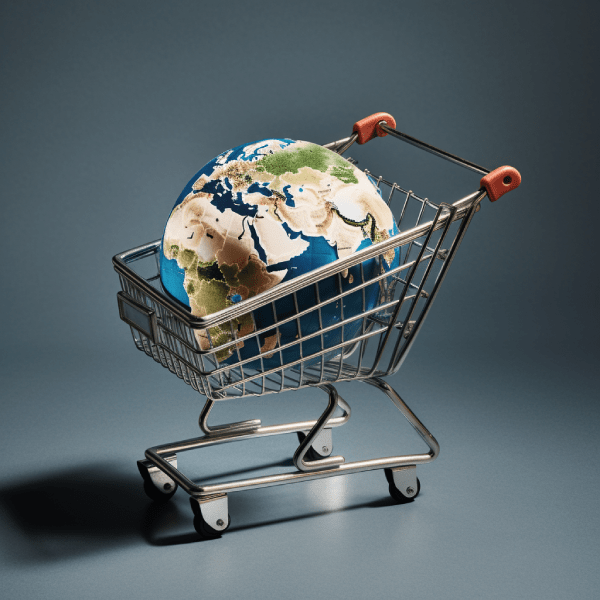Introduction
In the face of global challenges, sustainability has emerged as a crucial concept for humanity. While regulations and metrics play a significant role in guiding human behavior towards more responsible practices, it is imperative to acknowledge that the central concepts of sustainability lie in awareness and consciousness.
In this blog post, we will explore how the evolution of human consciousness holds the key to successful sustainable development. Moreover, we will discuss the need to shift attention from environmental issues to social issues, recognizing the interdependence between our living environment and societal arrangements.
The power of awareness and consciousness
Sustainability encompasses more than just adhering to laws and regulations; it calls for a profound shift in our collective consciousness. While regulations serve as the ethical minimum, they primarily target individuals who do not live consciously and possess low ethical boundaries. True sustainability requires us to transcend the surface level of compliance and delve into a deeper understanding of our interconnectedness with the natural world.
By cultivating awareness, we become conscious of the impact our actions have on the environment and future generations. It is through this conscious awakening that we can make informed choices, adopt sustainable practices, and foster a harmonious relationship with our planet. Awareness prompts us to question the status quo, challenge societal norms, and actively seek solutions that align with long-term ecological and social well-being.
Recognizing humanity’s role
The belief that the Earth needs saving is a poignant reminder of the consequences of humanity’s actions. Our living environment is becoming increasingly uninhabitable due to our disregard for nature’s delicate balance. However, it is vital to understand that the Earth itself is resilient and has endured numerous challenges throughout its existence. It is humanity that is in need of saving, as we face the repercussions of our own choices and actions.
To address these challenges effectively, we must acknowledge the inherent interconnectedness between environmental issues and social issues. Changes in the environment are often a consequence of the living arrangements, rules, and values upheld by human society. By focusing solely on environmental concerns, we risk neglecting the underlying systemic issues that perpetuate unsustainability.
Embracing a holistic approach
Sustainable development necessitates a holistic approach that considers the intricate web of relationships between ecological, social, and economic systems. Rather than rushing into a maze of new regulations, we must first undergo a paradigm shift in our awareness and consciousness.
At different levels of awareness and consciousness, we begin to question the fundamental nature of things and seek deeper understanding. This shift enables us to recognize the interconnectedness of all aspects of life and adopt a more comprehensive perspective on sustainability. By integrating social issues into our sustainability efforts, we address the root causes of environmental challenges and create a more equitable and just society.
Spreading the seed of conscious sustainability: share and inspire change
If the ideas and values presented in this blog post resonate with you, it’s time to share it with others who might also be seeking a deeper understanding of sustainability. The central concepts of sustainability being awareness and consciousness, rather than just regulations and metrics, highlight the need for a profound shift in how we approach our relationship with the environment and each other.
By sharing this post, you can contribute to the collective awakening and inspire others to think beyond compliance and embark on a journey of conscious living. Let’s spread the message that sustainable development requires a holistic perspective, encompassing environmental, social, and economic aspects of our lives. Together, we can foster a more harmonious and sustainable future for ourselves and generations to come.
Encourage meaningful discussions, explore new ideas, and challenge the existing norms that perpetuate unsustainability. By engaging in dialogue and taking action, we can create a ripple effect of positive change, igniting the evolution of human consciousness and paving the way for a thriving and balanced world.
Remember, sustainability is not just an individual endeavor but a collective responsibility. Let’s join forces and be catalysts for the transformation that our planet and humanity need.



